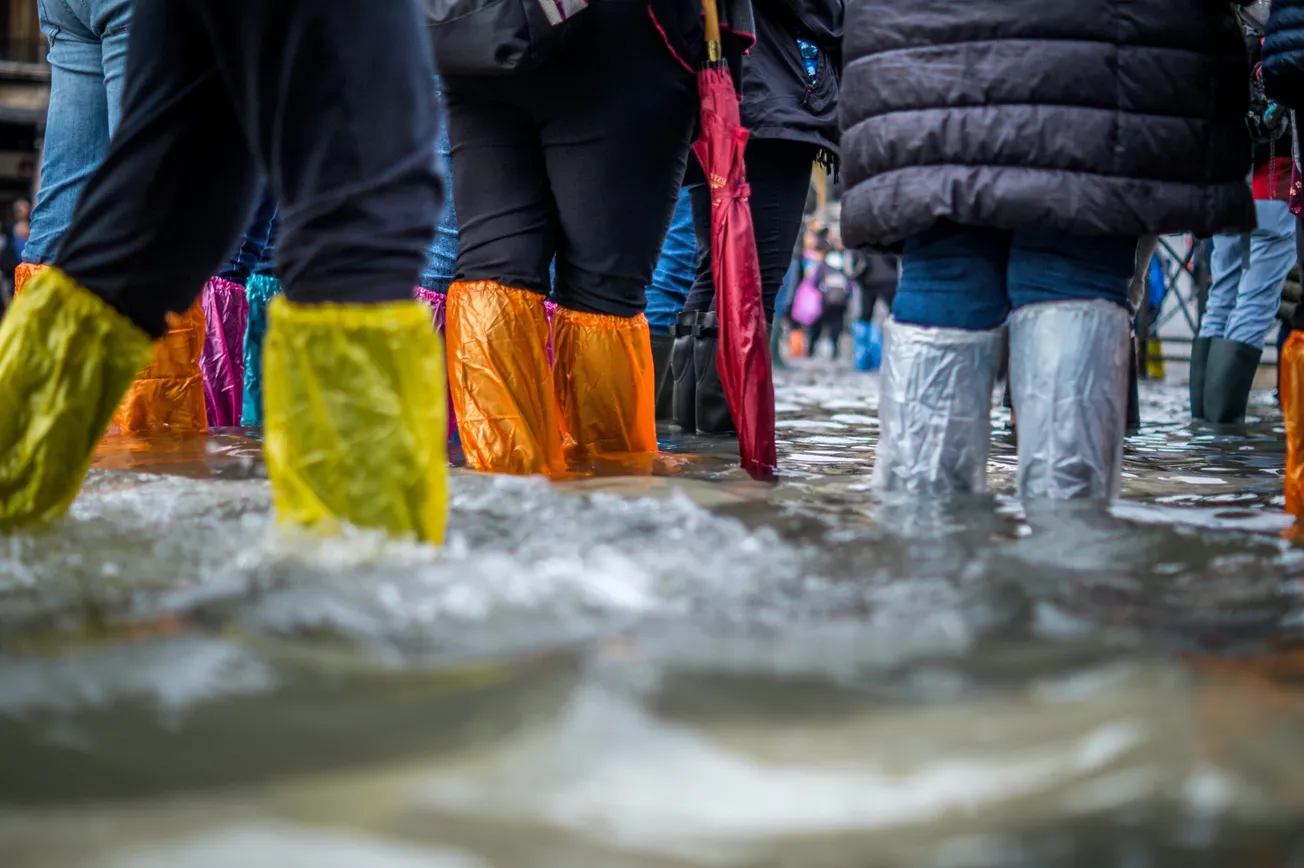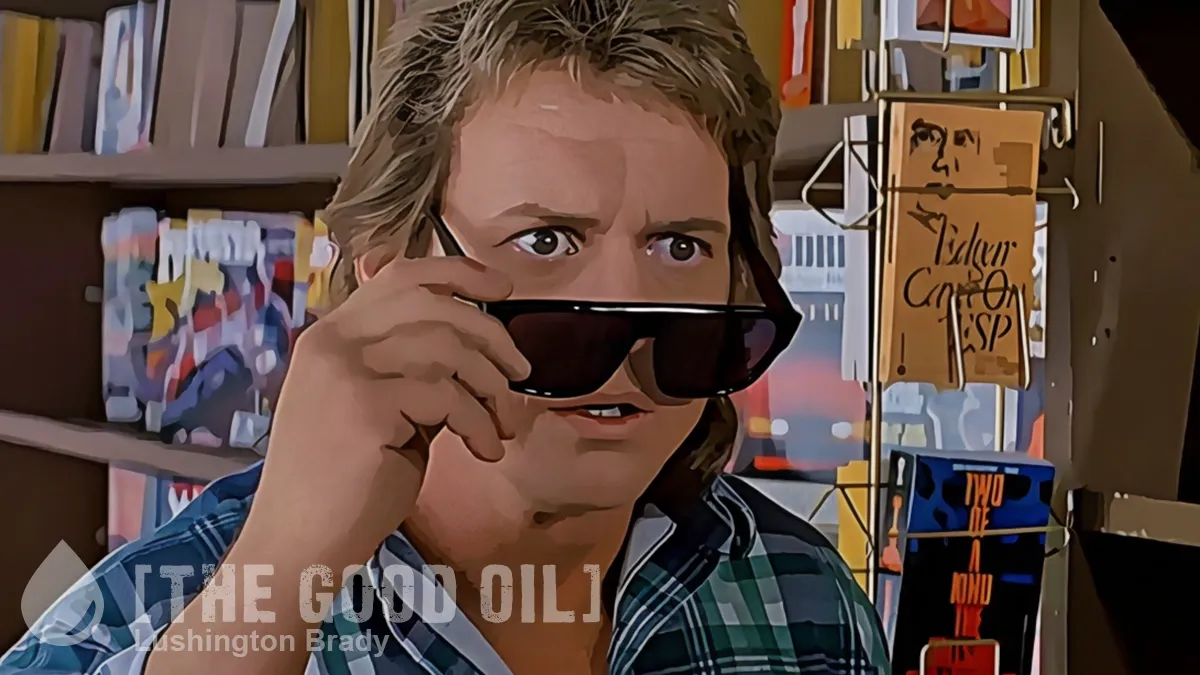Table of Contents
It occurred to me recently when watching the poor Plimmerton residents once again sweeping out sodden homes after another bout of torrential rain, the relatively small things councils can do when faced with more frequent heavy rain events (that wouldn’t be costly like the billions of dollars wasted on the Paris Climate Accord annual taxpayer extortion).
Plimmerton residents were facing a climate emergency of their very own, brought on by a neglectful council who had not done enough to mitigate the effects of flooding. One downcast resident mentioned clogged public drainage couldn’t do its job. No doubt other mitigation was also required but clear drains are the obvious means to get rid of water quickly in a flood.
Almost three years ago low-lying south Dunedin experienced extreme flooding and, of course, climate change was raised as the reason. Later that year in November, when things had returned to normal, another similar heavy rain event occurred, but with nowhere near the same destruction of property.
Turns out, a council official said, they cleaned out the drains after the first one, which mitigated the effects to a degree for the second event only months later.
If we are in fact experiencing a climate emergency, as the PM says, why are these basic tasks not being done?
Cleaning out drains, like fixing potholes and collecting rubbish is a core task of local government but is neglected in Dunedin and, it seems, in Plimmerton.
But wait there’s more…
Another heavy rain event occurred in March 2018, 40 km north of Kaitaia. A SH1 bridge was dramatically filmed by a news cameraman as it washed away leaving residents cut off from civilisation, with nothing but a substandard, much longer, route through the forest being the only way out.
To the NZ Transport Agency’s credit, they fixed the bridge in super quick time.
However, once more it emerged, from a council official, a culvert up stream was blocked, which meant all the water, some of which which would have been diverted through a clear culvert, went in one direction to the bridge and caused the bridge’s destruction.
So once again the local council did not do its job and caused danger and inconvenience for local business, visitors and local residents, and the cost of a new bridge.
My advice: Instead of sitting around their council tables discussing vanity projects, planning the announcement of their very own Climate Emergency, or plotting and scheming how to ignore citizens’ voices on issues (like Maori wards), how about a more practical approach.
Perhaps putting the more boring tasks like cleaning drains and other mitigation for floods and other real emergencies, top of the agenda in line with their strong beliefs on man-made climate change! So when floods happen (natural or man-made), at least all that can be done to mitigate damage will be done and they will be doing what I believe we pay them for which is to deliver essential services and keep communities safe.
Please share this BFD article so others can discover The BFD.









